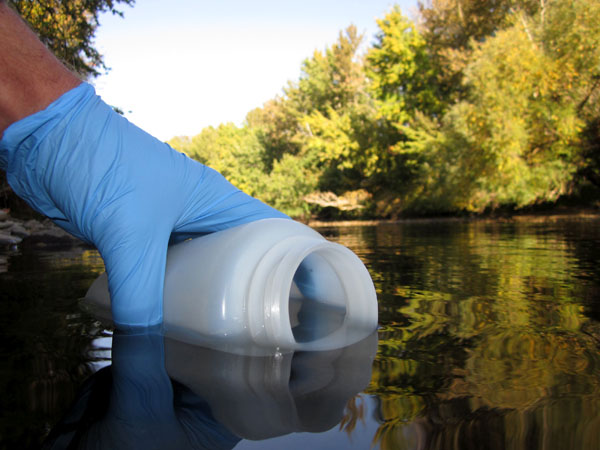The Government has announced new rules for farmers in England to tackle diffuse water pollution from agriculture. The ‘Farming Rules for Water’ will be introduced from 2nd April 2018. The rules aim to standardise the good practice that many are already undertaking by;
- keeping soil on the land
- matching nutrients to the crop and soil needs
- keeping livestock fertilisers and manures out of the water
There are eight rules, five are about managing fertilisers and manures and the the remaining three about managing soils. The rules surrounding fertilisers require applications to be planned in advance to meet soil and crop nutrients needs, this must take into account results of testing for N, P, K, pH and Mg (Magnesium) levels in the soil which must be carried out every 5 years. The new rules also include minimum distances for the storage and application of manures and also require farmers to asses the soil conditions before applying to prevent the risk of run off.
The three soil management rules require farmers to take reasonable precautions to prevent soil erosion and runoff including preventing poaching by livestock.
According to DEFRA, the new rules fulfil obligations on diffuse pollution under the Water Framework Directive. It is not exactly clear how they interact with the current NVZ and Catchment Sensitive Farming (CSF) rules, but DEFRA has said that compliance with ‘these other rules’ may mean that a farmer already complies with the Farming Rules for Water. Following feedback from an earlier consultation the requirements have been revised so that they align more with current legislation. Indeed, if farmers are adhering to SMR 1 (NVZs) and GAECs 4 and 5 it looks like they will already be compliant. The rules are also ‘outcome focussed and risk based’ which is a new approach to regulation and is expected to be more widely adopted in future policy. DEFRA has said that on leaving the EU, the UK will adopt an ‘holistic approach’ to protecting the water quality and these new requirements are the first steps. This perhaps shows the direction of travel for future policy.
The rules will be introduced through an ‘advice-led approach’ with the Environment Agency providing the advice and help farmers require to adhere to the new rules. More information can be found at https://www.gov.uk/government/news/new-farming-rules-for-water
